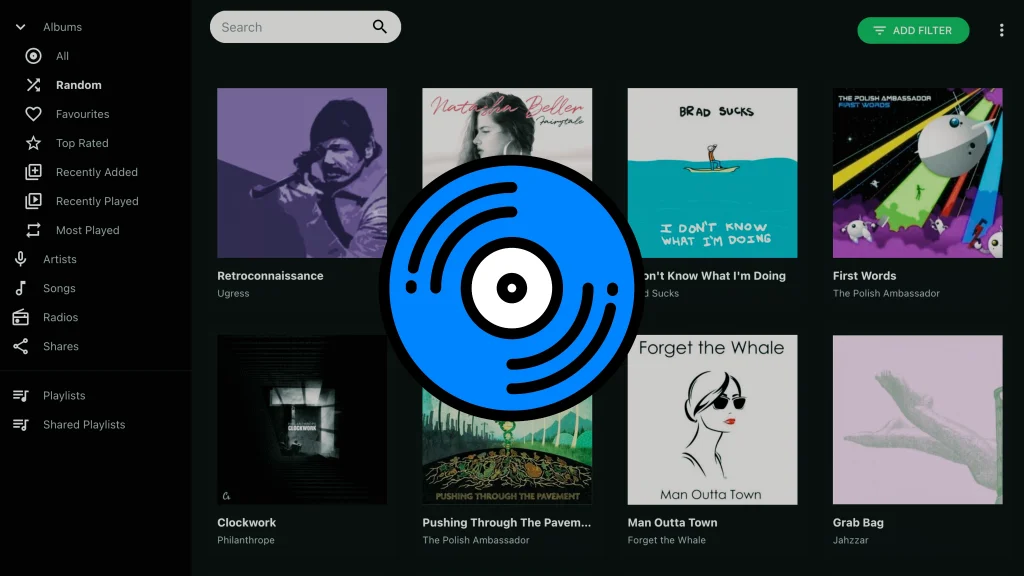Weaponization of language is nothing new – and much of what we know today as corporate speak, or corporate jargon – might be just an iteration of what George Orwell outlined in his “1984” novel as “newspeak”- a dark vision of language described as a way to make “all other modes of thought impossible.”
After all – language, in its stunning complexity and diversity, is the only thing clearly and unequivocally separating humans from any other species on Earth. Little wonder then, than we are so susceptible to its subtleties.
AdExchanger, a digital advertising and marketing company, has taken a look at this phenomenon from is own perspective.
Specifically, it addresses a recent study from Rutgers University that found platforms like Facebook, Facebook-owned Instagram, and Google might be prone to getting “hypocritical” when describing those taking unwelcome advantage of the opportunities these giants afford in their own systems to achieve what’s otherwise known as “deboosting” – to denounce users as “schemers” and “offenders.”
However, when the very same tactic is used and effect achieved by participation in these corporations’ more approved ideas – the language changes to describing them as “organic” and “authentic.”
This is nothing short of an example of “moralizing language,” the report said.
One of the study’s co-authors, Caitlin Petre, an assistant professor of journalism and media studies at the university, is quoted as saying that while these platforms are “private, profit-driven companies that mainly act to safeguard and protect their own financial interests” – their public-facing narrative is that of “neutral, benevolent actors working to maintain a meritocracy while users are seen as the deviants.”
Petre said that this definition of “platform paternalism” meant that “platforms elevate themselves as the rightful arbiters of the online universe, as benevolent figures.”
As one way the likes of Facebook manipulate language – ostensibly in order to justify the way their algorithms work – Petre mentioned the company referring to unwanted “clickbait in news feed” and telling publishers to go for “calls for action” instead – only to outlaw this very practice a year later, in 2018, dubbing it, “engagement bait.”
Petre isn’t sure what motivates Facebook’s fluxing definitions – but the conclusion seems to be that it’s simply to satisfy its endless need to make ever more money. On the other end of that urge, and playing right into it are Facebook’s paying customers, who want visibility and distribution.
As for the big platform that had the worst track record for “inscrutable or constantly changing guidelines” – Petre said that depended on who you ask:
“My co-authors focus on influencers, so they’d probably say Instagram. I study journalists and what is happening to the media business and so, for me, it’s absolutely Facebook.”
If you're tired of censorship and dystopian threats against civil liberties, subscribe to Reclaim The Net.









